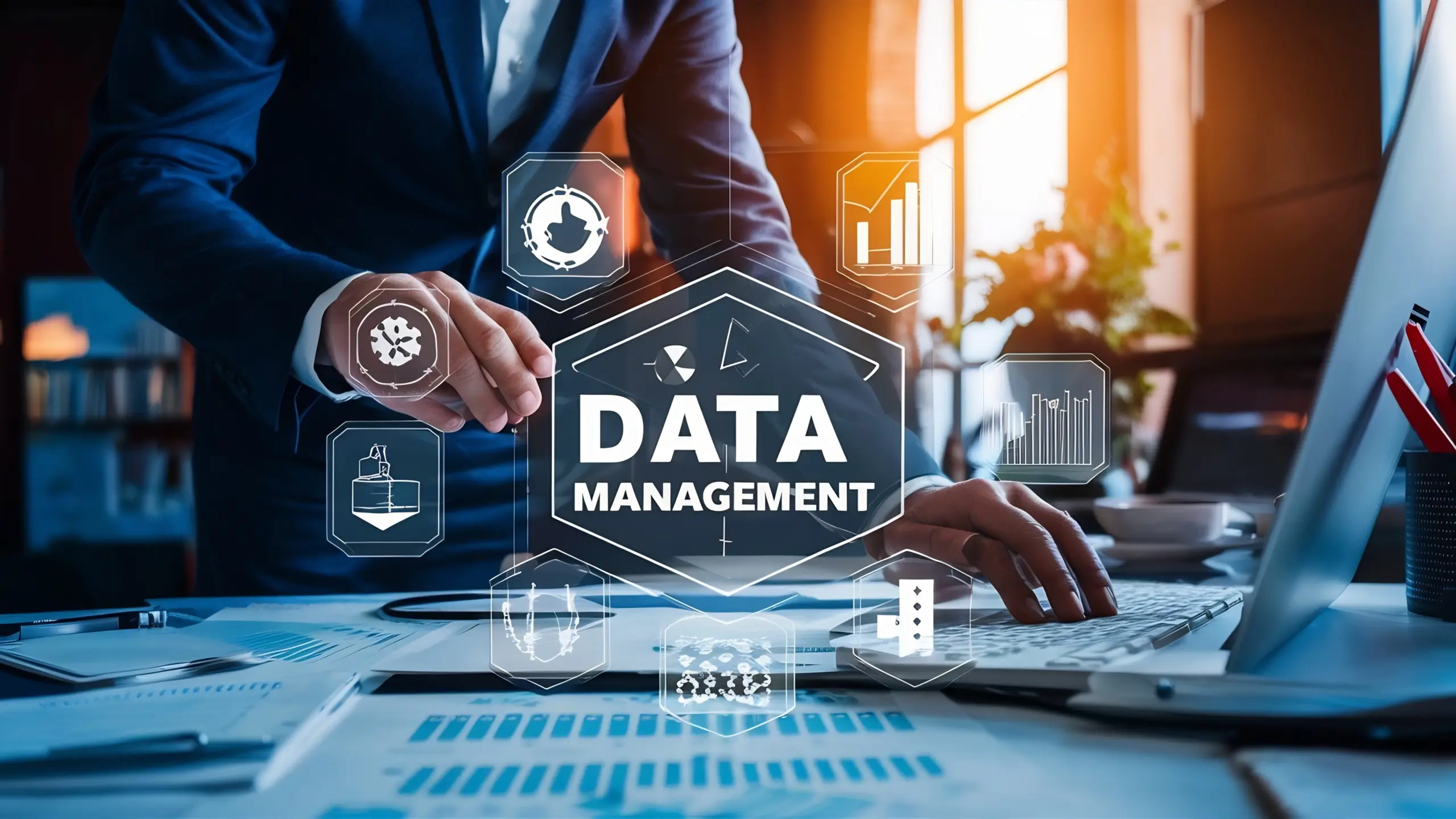As a CFO, building a resilient supply chain is essential to ensuring the continuity of business operations. In a country like India, the vast majority of businesses are not incorporated entities i.e., they are neither private limited nor public limited companies. In most Indian supply chains, the distributors, dealers, franchisees, and vendors are SMEs and prefer to operate as proprietorships or partnerships because of fewer compliance and disclosure requirements. This makes assessing their identity, financial strength, creditworthiness, and compliance risk difficult because traditional data sources, such as financial statements and statutory filings do not yield much information about these SMEs. For example, proprietorships and partnerships are not required to file their financial statements with the Ministry of Corporate Affairs. To overcome this challenge, risk managers and supply chain professionals are increasingly relying on Alternative Data.
What is alternative data?
Alternative Data refers to non-traditional data sets that businesses can leverage for a variety of purposes including credit assessment and supply chain risk management. Some prominent alternative data sources include social media sentiment (especially employee and customer sentiment), product reviews, ESG (environmental, social and corporate governance) data, Court Data, Import-Export Data from Ports, Satellite Images, Web Traffic, App Usage data, etc.
Let us explore how alternative data sources help risk managers and supply chain professionals build stronger and safer supply chains.
Social media sentiment to judge reputation
When Rubix Data Sciences* analyzes crowdsourced data about a firm, it often provides deep insights into the reliability and risk of an entity. For example, employee feedback about the firm can be aggregated from various platforms, such as Glassdoor or AmbitionBox, and overall employee sentiment can be computed. A firm that delays salaries or statutory payments to employees or appears to have a toxic work culture is not likely to be a reliable supplier to you. Similarly, feedback about a firm’s products or services can be found on a variety of B2B marketplaces and platforms. When aggregated and scored, supply chain managers can get a great profile of the reliability of the firm and the quality of its products and services. This helps in ensuring the robustness of a company’s supply chain.
Import and export data to expand relationships
The best supply chain and procurement professionals are always looking to work with the most reliable and cost-effective suppliers. Certain unprecedented conditions in recent years have exposed supply chains’ weakness globally. Similarly, geopolitical tensions have also caused companies to re-evaluate their global supply chains, particularly in sensitive domains, such as semiconductors, pharmaceuticals, medical equipment, and electronics.
One powerful alternative data source that is being leveraged for restructuring supply chains is the import and export data that is made available by ports. Commonly known as ‘shipping data’, this information is drawn from the Bill of Lading and provides the name of sellers (exporters) and buyers (importers) of the products, the quantity, and the number of shipments in a month/quarter and year. Ports in some countries also provide product pricing, though that is the exception and not the norm.
Having access to this data from ports globally allows supply chain professionals to identify new suppliers in various geographies. If a supplier is exporting to buyers that are large brands or MNCs, this provides additional comfort to procurement professionals about the strength of the supplier. Sales managers can also use buyer data from Bills of Lading to find new buyers for their products internationally.
It is important to ensure that procuring and using this data is legal in the relevant jurisdiction and does not violate data privacy guidelines.
ESG Data to mitigate environmental, social, and governance risks
Environmental, Social, and Governance (ESG) data provides insights into a vendor’s sustainability practices, social responsibility, and corporate governance. This data can help assess potential risks, such as environmental hazards or labour violations, that may disrupt the supply chain or damage a company’s reputation. Today, many states in India provide data about firms that are violating pollution control norms, e.g., those that are not using proper effluent treatment facilities. When procurement managers encounter repeated instances of pollution control violations, they can decide to stop working with such vendors because of the risk they pose. On the other hand, if suppliers have strong environment-related certifications, it is a positive endorsement of the supplier’s commitment to the environment.
Similarly, employing child labour is a punishable offense globally. No MNC or responsible corporate would like to work with a supplier that employs children to produce goods and services. The Ministry of Labour and Employment, Government of India, has an online platform known as Platform for Effective Enforcement for No Child Labour ( PENCiL ) where it is possible to complain about firms employing child labour. Similarly, the child labour online platform, Nyaaya, operated by the Childline India Foundation also provides details of such complaints.
Carrying out these checks about existing or potential suppliers can help mitigate reputation risks and ensures compliance with high ethical standards.
Legal data from courts and tribunals to limit financial vulnerability
Risk Managers and Finance and Supply Chain professionals are loathed to include litigious firms in their supply chain for obvious reasons. This is especially true in the Indian court system, which is slow-moving due to the high pendency of cases. In earlier times, it was difficult to obtain data from courts on an aggregate basis. However, Indian courts are digitizing rapidly as a part of the eCourt project. It is now possible to check Case Status, Cause Lists, Orders, and Judgements online about a firm or an individual from the Supreme Court, High Courts, Subordinate Courts, Labour Courts, Consumer Courts and Tribunals such as the NCLT, SAT, ITAT etc.
There are tools available to aggregate the cases pertaining to a firm that provide a quick assessment of the legal risks it faces (High, Moderate, Low). If the legal risks confronting a potential supplier are very high (e.g., multiple bankruptcy petitions in the NCLT), supply chain managers will try and avoid dealing with it. If an existing buyer faces high legal risks, a company’s credit managers may seek to lower their exposure to it. Thus, alternative data sources can provide valuable insights about suppliers, vendors, customers, distributors and dealers. Companies can use these insights to evaluate the financial strength of suppliers, negotiate better terms, prevent supply disruptions, and also assess and monitor credit risk.
By leveraging alternative data effectively, companies in India can build more resilient supply chains and distribution networks.
*Rubix Data Sciences Pvt. Ltd. helps businesses to take prudent credit risks, build a robust supply chain and monitor compliance for business partners in India and around the world. The Rubix platform and its suite of reports, products and services are based on its extensive database of structured and unstructured data aggregated from over 120+ sources, customized predictive analytics and proprietary technology. Through its solutions, Rubix provides deep insights to Credit, Risk, Supply Chain and Compliance professionals in 500+ Banks, Credit Insurance Companies, Fintechs and Corporates, facilitating quicker and more effective decision- making.
Read Also – Risk Management through Rubix’s data and risk analytics








